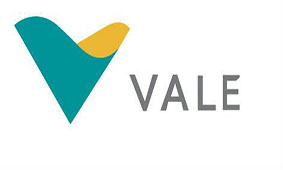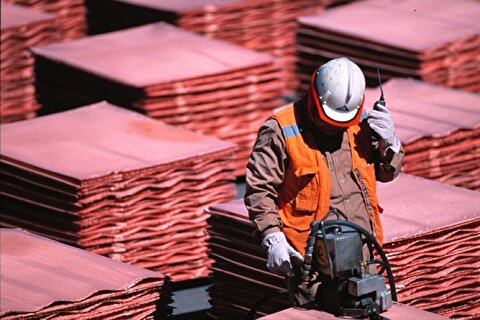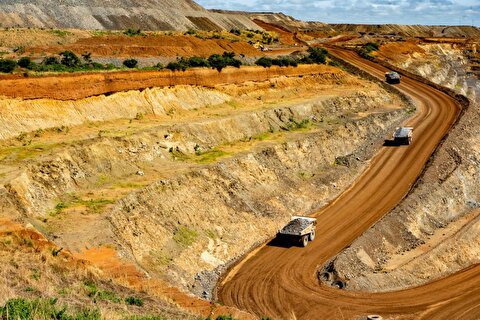
Another 10MT of iron ore off the market as Vale halts Alegria mine


The preventive measure, said the world’s top iron ore producer, was taken after a stress test failed to guarantee stability of the mine’s structures. Vale noted it would restart production when new studies are completed and their results are conclusive.
What’s unclear is what "structures" Vale is referring to. Based on data provided by Brazil's regulator, there is no upstream dam at Alegria, and the dry processing means no dam should have been needed, at least in recent years.
Alegria iron ore mine is close to the Samarco operations and was already impacted after the dam failure in 2015.
The mine is close to the Samarco operations and was already impacted after the dam failure in 2015. Following that accident, Alegria was operating at a reduced rate using dry processing only.
Since January's dam collapse at the company’s Corrego do Feijão mine, which left at least 300 people dead, both authorities and companies have stepped up scrutiny of so-called upstream dams, the cheapest but generally regarded as the riskiest method to store mine waste.
Last week, Vale was forced to shut its Timbopeba mine, also in Minas Gerais state, which produces 12.8 million tonnes of iron ore per year, due to safety concerns.
The company later received a fresh order to halt another two dams — Minervino and Cordao Nova Vista. The same day, prosecutors took a separate action, seeking guarantees of 50 billion reais (or roughly $13 billion) for environmental restoration.
While BMO Global Commodities Research added back on Wednesday 16Mt of iron ore into its estimate for Vale's 2019 iron ore production on the announced restart of Brucutu mine, analyst Edward Sterck said Thursday he was holding off making changes related to Alegria, but noted that removing that mine’s output would reduce 2019 EBITDA by 1.5%


Newmont nets $100M payment related Akyem mine sale

First Quantum scores $1B streaming deal with Royal Gold

Caterpillar sees US tariff hit of up to $1.5 billion this year

Gold price rebounds nearly 2% on US payrolls data

Copper price collapses by 20% as US excludes refined metal from tariffs

St Augustine PFS confirms ‘world-class’ potential of Kingking project with $4.2B value

B2Gold gets Mali nod to start underground mining at Fekola

Goldman told clients to go long copper a day before price plunge

Copper price posts second weekly drop after Trump’s tariff surprise

Codelco seeks restart at Chilean copper mine after collapse

US slaps tariffs on 1-kg, 100-oz gold bars: Financial Times

BHP, Vale offer $1.4 billion settlement in UK lawsuit over Brazil dam disaster, FT reports

NextSource soars on Mitsubishi Chemical offtake deal

Copper price slips as unwinding of tariff trade boosts LME stockpiles

SAIL Bhilai Steel relies on Danieli proprietary technology to expand plate mill portfolio to higher steel grades

Alba Discloses its Financial Results for the Second Quarter and H1 of 2025

Australia weighs price floor for critical minerals, boosting rare earth miners

Australia pledges $87M to rescue Trafigura’s Nyrstar smelters in critical minerals push

Fresnillo lifts gold forecast on strong first-half surge

US slaps tariffs on 1-kg, 100-oz gold bars: Financial Times

BHP, Vale offer $1.4 billion settlement in UK lawsuit over Brazil dam disaster, FT reports

NextSource soars on Mitsubishi Chemical offtake deal

Copper price slips as unwinding of tariff trade boosts LME stockpiles

SAIL Bhilai Steel relies on Danieli proprietary technology to expand plate mill portfolio to higher steel grades

Alba Discloses its Financial Results for the Second Quarter and H1 of 2025

Australia weighs price floor for critical minerals, boosting rare earth miners

Australia pledges $87M to rescue Trafigura’s Nyrstar smelters in critical minerals push

Fresnillo lifts gold forecast on strong first-half surge














